On Thursday, NATO’s Kosovo Force (KFOR) mission completed the removal of several vehicle barriers in northern Kosovo, through the deployment of engineer units to the Duda’s Rock and Srbovac areas.
This action was taken in accordance with KFOR’s mandate from the United Nations, based on Resolution 1244, to ensure a safe and secure environment and freedom of movement for all communities in Kosovo.
The removal of the barricades follows efforts by NATO and the European Union to de-escalate tensions, with support from KFOR and the EU-led Rule of Law mission.
The dismantling of the roadblocks was carried out safely to avoid incidents and potential risks to local security. KFOR say here that they remain vigilant in implementing its mandate and contributing to security in Kosovo and stability in the Western Balkans region.
NATO also continues to support the EU-facilitated dialogue between Belgrade and Pristina as a platform for finding a solution that respects the rights of all communities and building lasting peace and security in the region.
What is KFOR, and why is it in Kosovo?
The Kosovo Force (KFOR) is a NATO-led peacekeeping mission that was established in Kosovo in 1999, following the Kosovo War. The Kosovo War ended in June 1999, when NATO intervened in the conflict with a bombing campaign against Serbian military targets. The bombing campaign successfully forced the Serbian military to withdraw from Kosovo, and Kosovo declared independence in 2008. However, Serbia does not recognise Kosovo’s independence and continues to claim Kosovo as an autonomous province within Serbia.
The Kosovo War resulted in the deaths of thousands of people and the displacement of hundreds of thousands of others.
The mission was established by the United Nations Interim Administration Mission in Kosovo (UNMIK) to provide a safe and secure environment for the people of Kosovo, as well as to help rebuild the region.
The mission is tasked with maintaining law and order, protecting civilians, and supporting the development of democratic institutions in Kosovo. KFOR operates under the direction of the NATO Allied Command Operations and comprises troops from 31 countries.


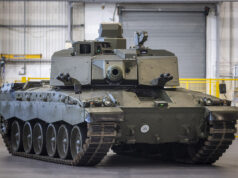
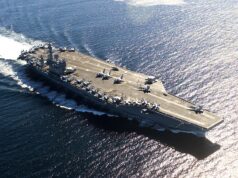
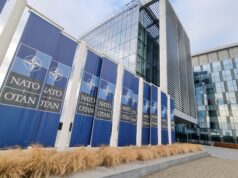
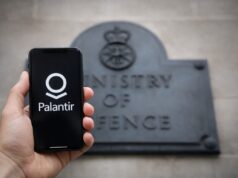

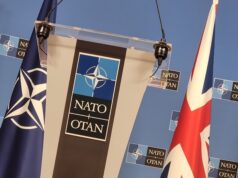
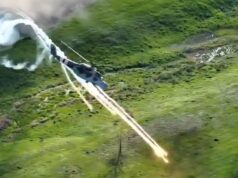
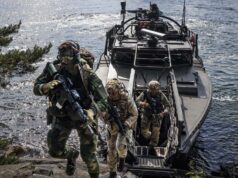
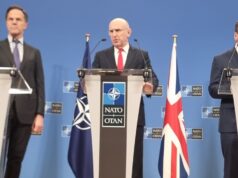
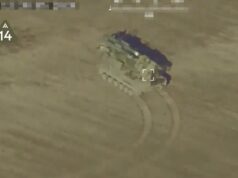

Just in time for the Serbs to kick off! I remember my time being deployed there. Their hatred for each other was worse than that I witnessed in Ulster.
Some lead paint licking genius believed it would be a clever idea to put ethnic populations with different cultural ethos and irreconcilable differences under the same government.
Politicians make their living passing new laws and nothing generates the need for new law like social dysfunction. That’s why elected politicians say one thing and do another. But at least we get to vote for new politicians who do the same thing.
The Serbian state is a disgrace. Pro Putin. Anti Western…and yet they want to join the EU. They should be handled very fair but firmly.
If Russia is allowed to win in Ukraine through the ineptitude of the Western alliance then Serbia will almost certainly be the pretext needed for Putin to justify further expansionist empire building. The Balkans have been the flashpoint for 2x 20th century wars. They have potential to do the same again.
Little mention of KFOR these days. I note that we only now have 41 personnel in the mission. Its been a long time since we had major forces there including tanks.